Orange Peels Repel Garden Pests?
This post was most recently updated on June 1st, 2021
Oranges are one of my favourite fruits! There is nothing quite like eating a fresh, juicy orange, but what do you do with the leftover peels? The chickens and goats don't like to eat them, so what does a girl do?
Please read: This information is provided for educational purposes only and is not intended to treat, diagnose or prevent any disease. We encourage you to make your own health care decisions in partnership with a qualified health care professional.
This post contains affiliate links, this means at no extra cost to you, we make a commission from sales. Please read our Disclosure Statement
Below are 10 ways to use orange peels in the garden that I have used over the years. I trust you will find this useful for your own garden. Vegetable peels and peels make a wonderful , so be sure to check out our recipe at the bottom of the post!
Are citrus peels good for your garden?
There are a lot of benefits to using orange peels in the garden. They are non toxic and renewable as well as being a waste product. They add nutrients to the and keep pests away.
What can I use orange peels for in the garden?
Orange peels and other citrus peels have many uses in the garden and outdoors. Read on to find out more.
RELATED: 20 fastest vegetables to grow
10 Brilliant Ways to Use Orange Peels in the Garden
1. In the – Are orange peels good for ?
All citrus peels including oranges and lemons can be composted. Citrus is an excellent source of , phosphorus, and potassium. Adding them to is a great way to make it nutritious.
Orange peels are considered "greens" when composting and need to be mixed with some dry carbonaceous material to form humus. They are very high in and are naturally quite acidic so be sure to cut them up small, and mix them in well.
When composting citrus you want to make sure to keep the pile warm to hot! If you are using organic citrus it's possible that you can end up with moldy and this mold will likely be in the penicillium family- from whence the antibiotic penicillin originated.
You want lots of healthy biotics in the and not antibiotics as this will cause some of the life forms to die off. Penicillium does not like warmth so keep it hot by adding plenty of carbon, and then high items like , animal and .
As an added bonus, citrus peels also protects from scavengers and some pests as many of them dislike the smell.
Warning: if you are doing vermiculture and have a worm bin you definitely do not want to throw citrus in there as it harms the red wrigglers.
RELATED: How to build a for beginners
2. Repelling or removing pests in the garden
Orange peels contain a chemical called d-Limonene which is an all-natural insecticide. It damages the nervous systems of pests such as aphids and ants, killing them.
You can place peels around plants that have pest problems or you can make a spray.
Make your own spray by boiling a half a cup of peels in for ten minutes then straining out the peels. Add this to a spray bottle and spray your plants once a week. Or around the garden to repel ants.
You won't have to worry about causing any damage to the plants themselves. D-Limonene is used as the active ingredient in many environmentally friendly bug sprays.
If you really want to know how to use natural remedies in your everyday life – my friends at the Herbal Academy have a wonderful, affordable beginners course that you really should check out here.
RELATED: Neem oil bug spray
What do orange peels repel?
Ants, aphids, whiteflies, slugs or any other soft-body garden pests are all deterred or killed by this spray.
3. Keeping out Cats and Dogs
Bugs aren't the only things that don't like the smell of citrus. Shred up your peels and sprinkle them on the top of the garden or containers that you don't want your dog or cats going near.
RELATED: How to plan your garden
4. Keep away sand flies and mosquitoes
You can use the bug repellent recipe above to spray on yourself to keep away the sandflies and mosquitoes while you are working in the garden.
You can rub fresh skins on your arms, or leave them around your patio to keep them away as well.
5. – Do orange peels make good ?
Orange peels and other citrus peels are high in , sulfur, magnesium, calcium and other nutrients and can give your leafy plants a quick boost. For a simple nutrition boost, cut them up finely and sprinkle them on the top of the , then work them in to the top couple of inches.
Look below for the ultimate recipe that can be used to repel pests as well as a foliar feed.
6. Light the fire pit
Orange peels make a great fire starter! Dry the peels until they are crispy – either in the sun, a slow oven or dehydrator and store them in an airtight jar.
Add a handful to the fire and light it, the oils are flammable and should catch light easily. As a bonus then citrus smoke helps keep those mozzies away.
RELATED: Ways to start a fire without paper
7. Keep off the ticks
Like many other animals, ticks don't like the smell of orange peels. Either make a spray as above and spray your clothes and pets to keep the ticks off. Or you can sprinkle the orange peels around to repel the ticks from your garden.
8. Catch slugs
My Grandma taught me this one. Place orange peels upside down on the top of the in the garden for a few days. The slugs will use it as a hiding spot as they are moist and dark.
Then all you have to do is go and pick them up and throw them to the chickens or put them in a bowl of boiling .
9. Seedling pots
halves make great little seedling pots – cut the very bottom off so it sits flat, fill them with seed raising mix and place them in a sunny spot. When it is time to transplant, you can bury the whole thing, peel included.
10. Acidify the
Leftover lemon and orange peels can be used to acidify the for plants like azaleas. Just dry the citrus peels and grind them into a powder.
Sprinkle this on the top of the and mix it in the first inch or so. It is a great and all natural way to increase the acidity of the . The amount of pH change depends on the amount of powder you use.
This can also be make as a , or a mixed one. Oranges and lemons tend to be the most commonly consumed citrus tree fruits, but you can use lime, tangelo, mandarin (clementines) and other fruit peels that can also be added include banana peel and pineapple peel.
This will boost when given weekly and can be used to feed your as well.
This recipe relies on the natural fermentation practice that happens when you mix these ingredients together to create a citrus bio-enzyme . It is a traditional Indian horticulture solution that has been used for many generations.
You can use either fresh or (or ) for this recipe, it is a great way to use up your !
What you need to make a
- A large jar with a sealable lid
- 1 cup of brown sugar or jaggery
- 3 cups of lemon, orange or other citrus peels (you can make one of these cups up with either or pineapple rind if you want to)
- 10 cups of
How to make citrus peel fertilizer
- Use your citrus as you usually would, and reserve the peels. You can either dry them or freeze them while waiting for you to have enough to make this recipe.
- Chop your peels or up in to 1 inch pieces or smaller.
- Add all the ingredients in to your jar, add the lid and shake well.
- Place the jar somewhere warm and dark for 1 month. Every day at least once a day you will need to 'burp' your jar by opening the lid and allowing the air pressure to release.
- The natural yeasts on the peels will start to ferment and consume the sugar. This will create carbon dioxide gas as it ferments, if you forget to burp the jar it could break!
- After a month you can stop burping the every day, and just seal the jar and leave it to ferment with the lid screwed on loosely for a further 2 to 3 months. During this time it will convert the alcohol to and activate the enzymes in the mixture.
- Once the 3 months are up, you can now strain out what is left of the lemon or orange peels from the mixture. This remaining can be added to your or dug in to some around your .
How to use orange peel fertilizer for plants
The resulting is incredibly potent, and can be used as a foliar feed diluted at a rate of 10:1000 – 10 milliliters to every 1 liter (or 2 teaspoons per quart).
At this ratio it will not burn your plants, but it will feed them a good dose of , while also helping to get rid of aphids, whitefly and ants because they are repelled by the citrus oils in the mixture.
You can also use this ratio to water your house plants or garden plants, it is particularly beneficial for a tomato plant because it helps to acidify the soil and ensure that calcium is readily available to the plant which can help prevent blossom end rot while also boosting plant growth.
Be sure to always dilute this before using it, because it is very potent and will burn your 's leaves and roots if you use it undiluted.
You can however use it undiluted in your as a accelerant and activator to speed up the composting process in a similar way to or animal does.
Orange peel fertilizer benefits
The real benefit of orange peel fertilizer, especially when used as a regular foliar feed is the added benefit of repelling pests and combating fungal attacks. The high nutrient value, combined with the essential oils from the skins, along with the enzymes and probiotics makes it a potent all-round winner for plants.
Don't throw those orange peels away! Find a use for them in your garden. Do you have any ways you like to use citrus peels in the garden?
If you are new to gardening, or want some support and knowledge getting a garden started, check out our Productive Gardener Course TODAY
If you like tips on frugal living, self sufficiency and consuming less, sign up to our newsletter below, I would LOVE to have you!
For further reading, I really recommend all of these books. I own every one of them and they are amazing resources!




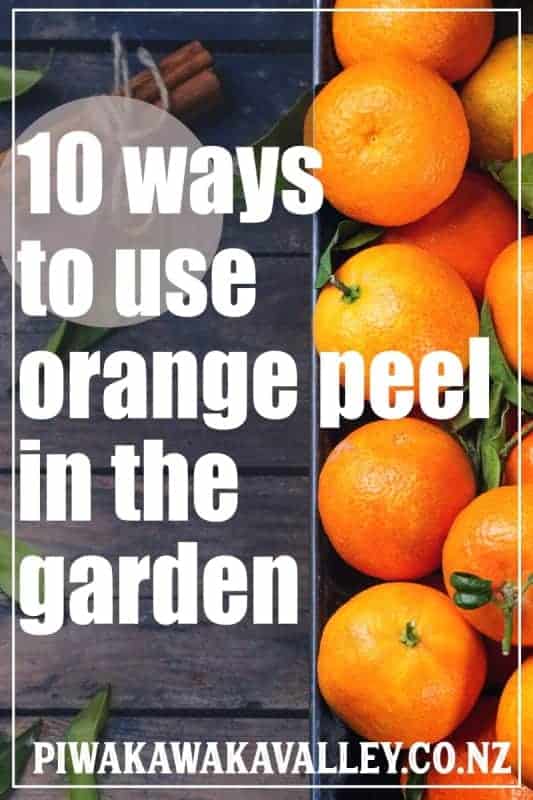
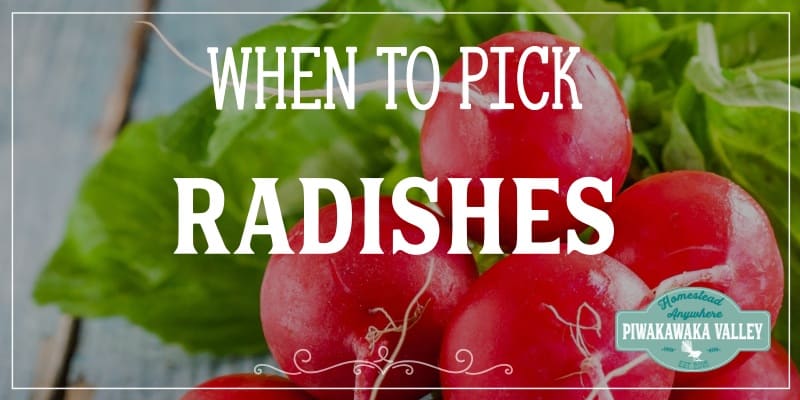
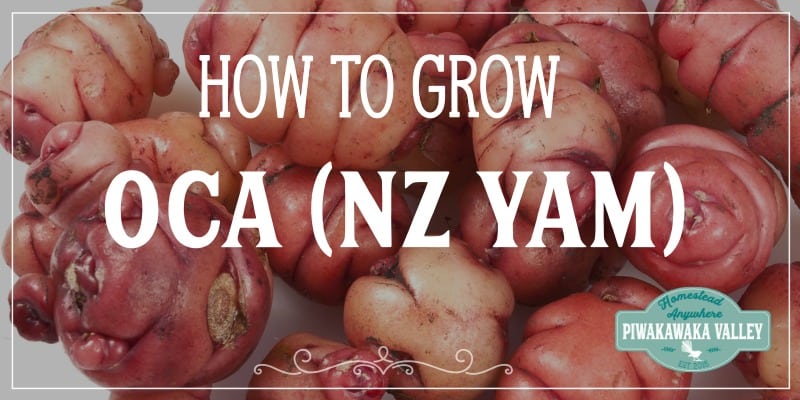
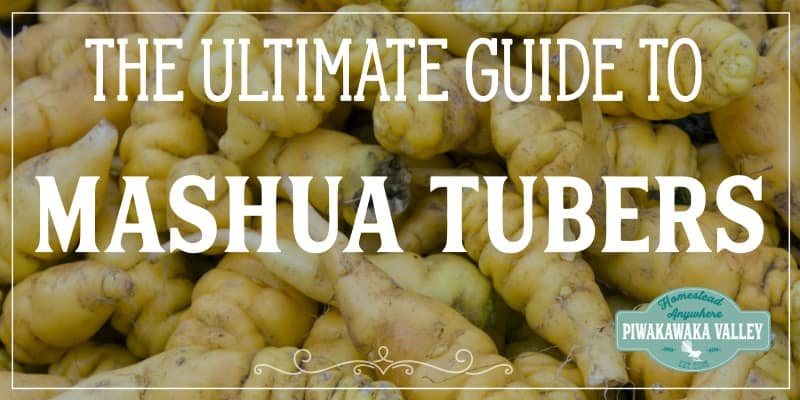



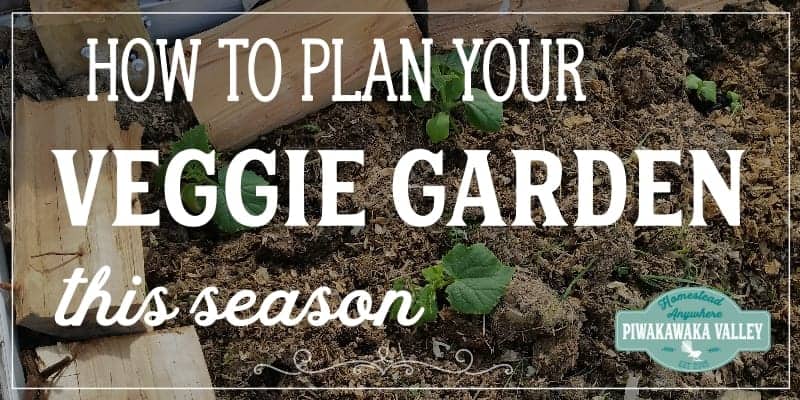



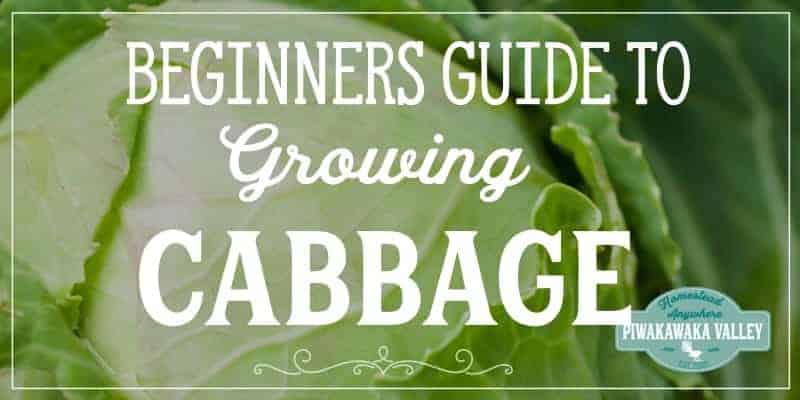
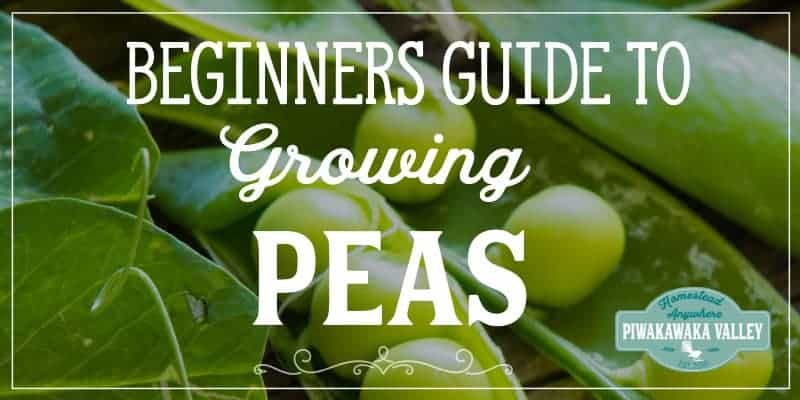
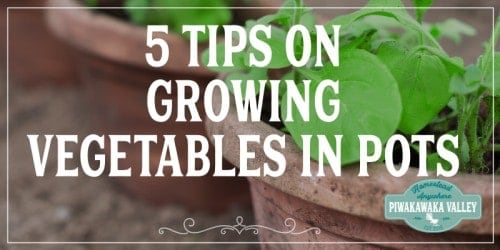







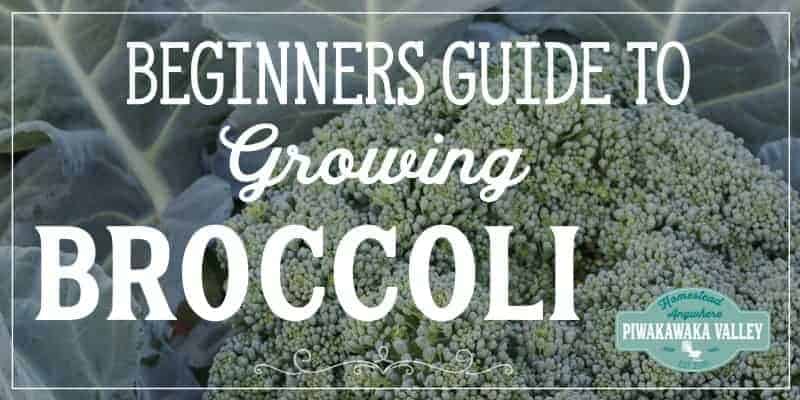



Orange Peels Repel Garden Pests?
Source: https://piwakawakavalley.co.nz/orange-peels-garden/
Posted by: hallthosed.blogspot.com

0 Response to "Orange Peels Repel Garden Pests?"
Post a Comment